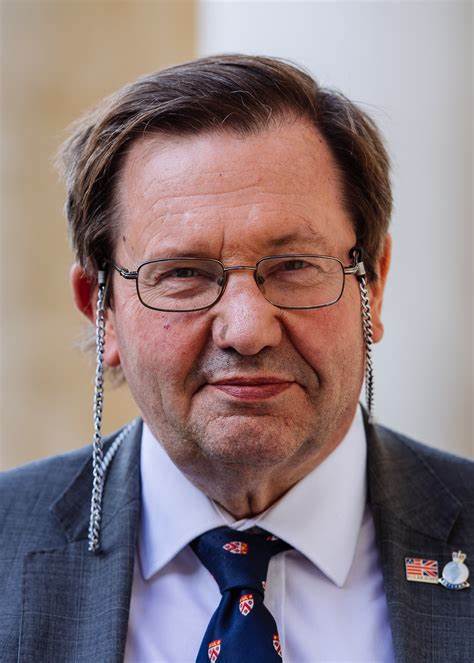Jessica Illiano
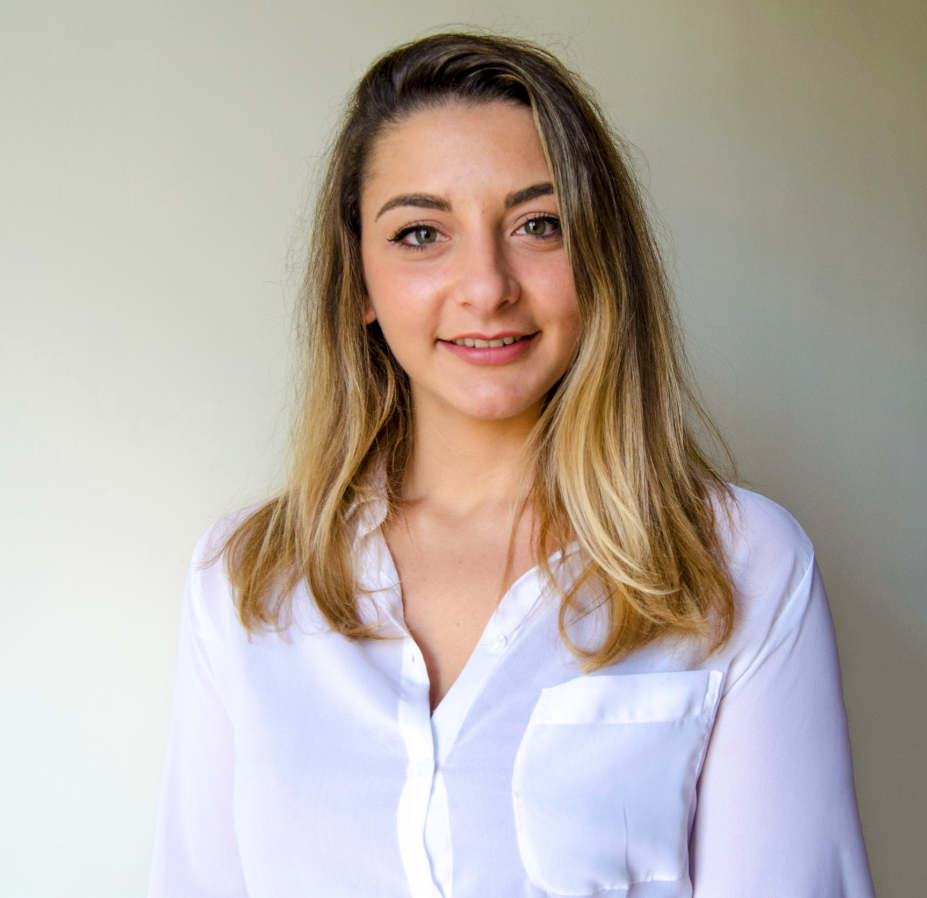


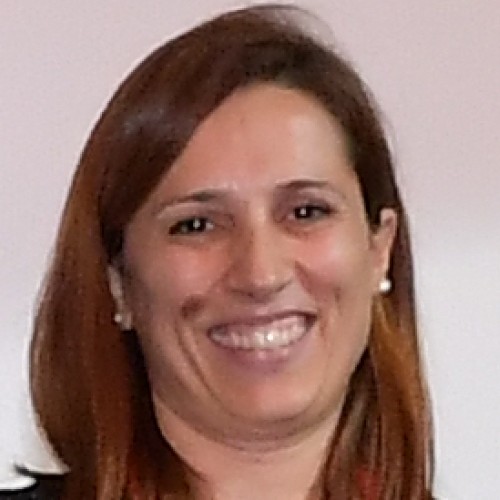

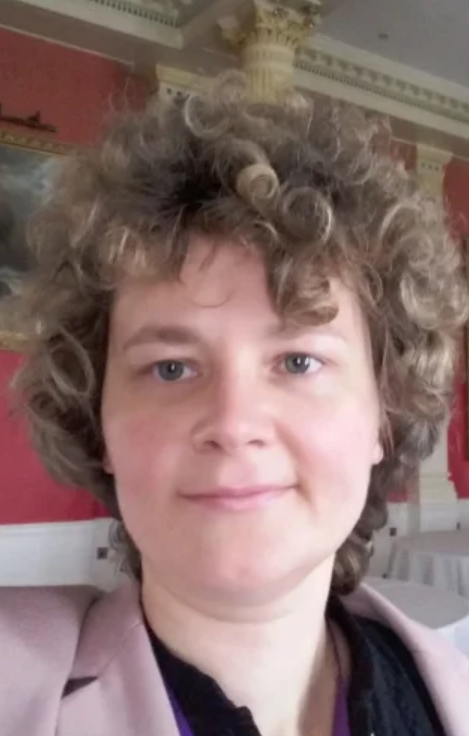
With the support of this fellowship, I tackle specific bias detection and mitigation requirements with accompanying illustrative example within CEN/CLC/JTC21 WG3 "Concepts, measures and requirements for managing bias in AI systems" standard that are aligned/harmonised with relevant EU AI Act legislation.

The adoption of AI in telecommunications systems is expected to foster the investments made not only in connectivity itself, but also in digital infrastructures.
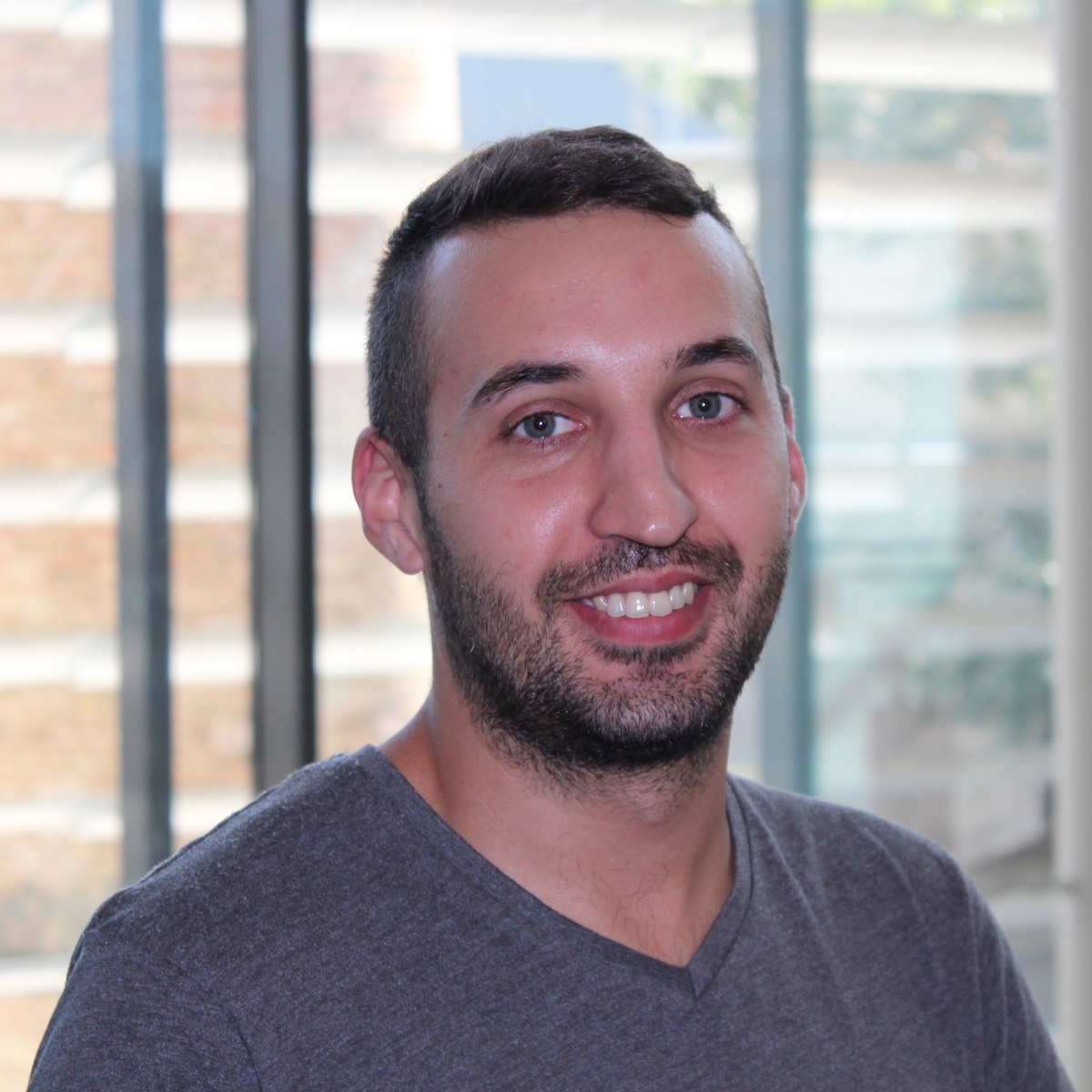
The quality evaluation has been instrumental for the success of JPEG standards, notably its first standard JPEG 1, JPEG 2000, or more recently JPEG XL.

The objective is to present LoRa mesh networks to the IRTF GAIA WG of the IETF. GAIA seeks technologies to connect the unconnected world, and with IRTF GAIA as a vehicle, we seek to start the standardisation activity of this new technology.
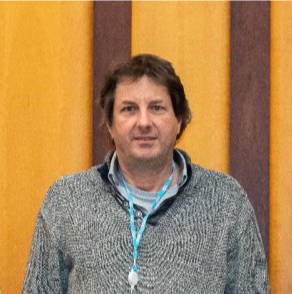
My work aims to rationalise the resulting compliance efforts through a dedicated Technical Report (TR) under ETSI CYBER. This report will help reduce legal ambiguity, support standardisation across sectors, and ensure proportional and efficient compliance.
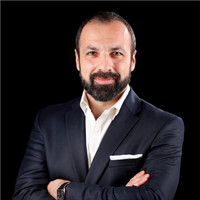
With this fellowship, I aim to help complete the standardisation of rLEDBAT in the I Internet Congestion Control Research Group (ICCRG) in the IETF/IRTF and of LEDBAT++ in the ICCRG in the IETF.

There is currently no standard addressing the cybersecurity of AI systems. In ISO/IEC JTC1 SC27 WG4 27090 is under development; and I contribute directly to this work.
